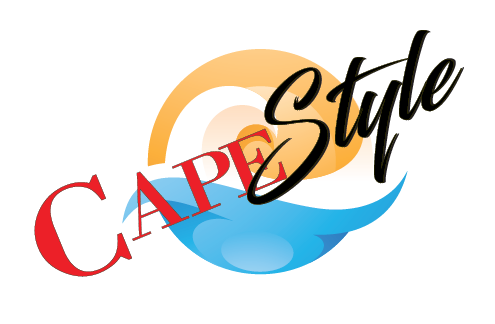Maintaining the health of your eyes is an important responsibility, and for those who wear contact lenses, healthy eye care habits are essential. That’s why Contact Lens Health Week, coming up Aug. 20-24, serves as a great opportunity to develop better habits for contact lens hygiene.
Reduce the risk of infection
An eye infection can result in long-term damage to your vision and overall eye health. In order to minimize the chance of developing an eye infection, follow these best practices for contact use:
- Wash your hands. Handling your contacts with clean hands will help prevent spreading germs to your eye.
- Don’t sleep with your contacts. While some types of lenses are made to be worn for extended periods of time, removing your contacts before sleep helps reduce the risk of eye infection.
- Practice proper storage. Follow instructions for cleaning and storing lenses, and avoid combining new solution with used solution.
- Avoid water. Remove your contacts before swimming, and never use your saliva to wet your lenses.
- Replace contacts as recommended. Whether you wear daily, weekly or monthly lenses, it is important to adhere to the recommended timeframe of wear.
Choose the right lens for your lifestyle
Whether you’re new to any form of corrective lenses, or a longtime eyeglass wearer, when considering contact lenses, it’s important to take into account what type of contact lens best fits your lifestyle.
There are a wide range of lens options available, including daily wear, extended wear, toric lenses for astigmatism, bifocal lenses, multifocal lenses, monovision, colored lenses, rigid gas permeable lenses and lenses for people with dry eyes. A contact lens fitting will help determine which of the many lens types will suit your individual needs.
When fitting you for contact lenses, your doctor will discuss your vision goals and take special measurements that are not performed in regular eye exams. For first-time contact lens wearers, one-on-one instruction can help build confidence in the proper insertion, removal, and care of your contact lenses. A follow-up exam is important to ensure the lenses are fitting properly and that your visual goal has been met.
For those that prefer contact lenses as your everyday form of corrective lenses, it’s still important to be fitted for a pair of regular eyeglasses, which can be used as a backup should you need to remove your contacts for any reason. If your eyes are suffering from prolonged irritation, or if you are experiencing any eye pain or discomfort, remove your contact lenses and schedule an appointment with your eye doctor for evaluation and treatment.
Regular comprehensive eye exams are also a vital component of a health and wellness regimen. Eye exams help your eye care specialist to monitor the health of your eyes, detect subtle changes that you may have overlooked and investigate unusual findings or new developments.
Now is the time to develop healthier eye care habits that will ensure you are on the right track for seeing your best and maintaining the overall health of your eyes.
To schedule a comprehensive eye exam or If you have concerns about your vision, it is important to speak to a doctor to discuss treatment options. Dr. E. Trevor Elmquist, Dr. Kate Wagner, Dr. Nina Burt and Dr. Sarah Eccles-Brown of Elmquist Eye Group are available to answer your questions. With more than 25 years of service to the Southwest Florida community, Elmquist Eye Group offers experienced doctors that are dedicated to patient care. Elmquist Eye Group’s Cape Coral office is located at 2336 Surfside Blvd., Suite 121, in the Shops at Surfside. The office is open Monday through Friday from 8 a.m. to 5 p.m. For more information and appointments call 239-936-2020 or visit www.Elmquist.com.



